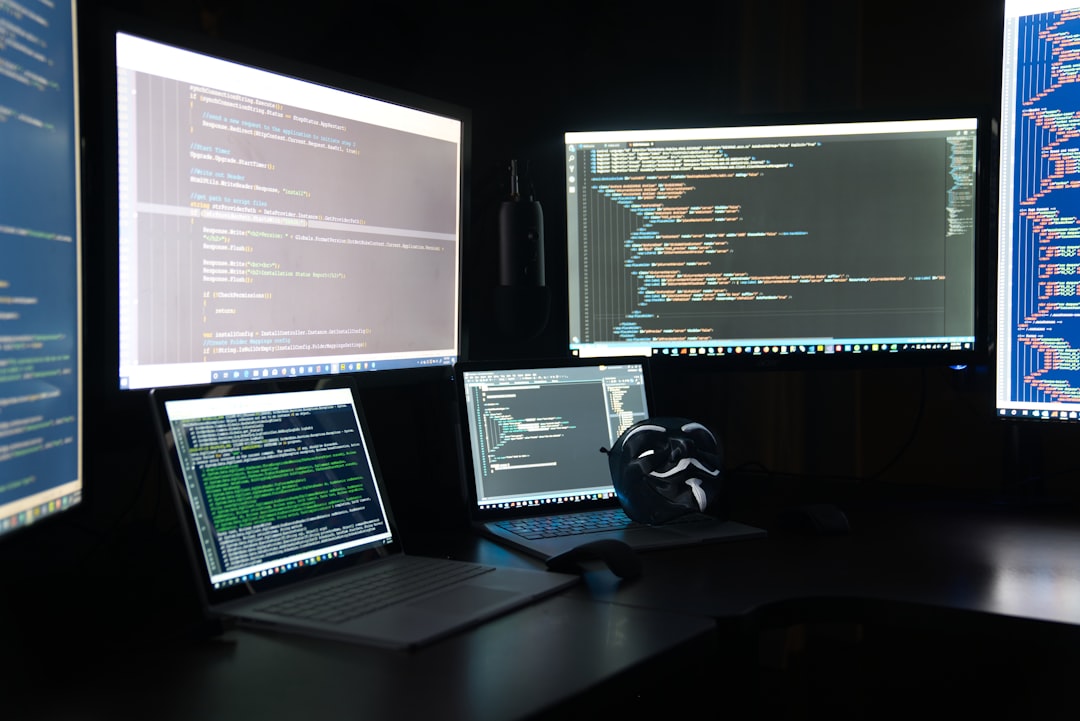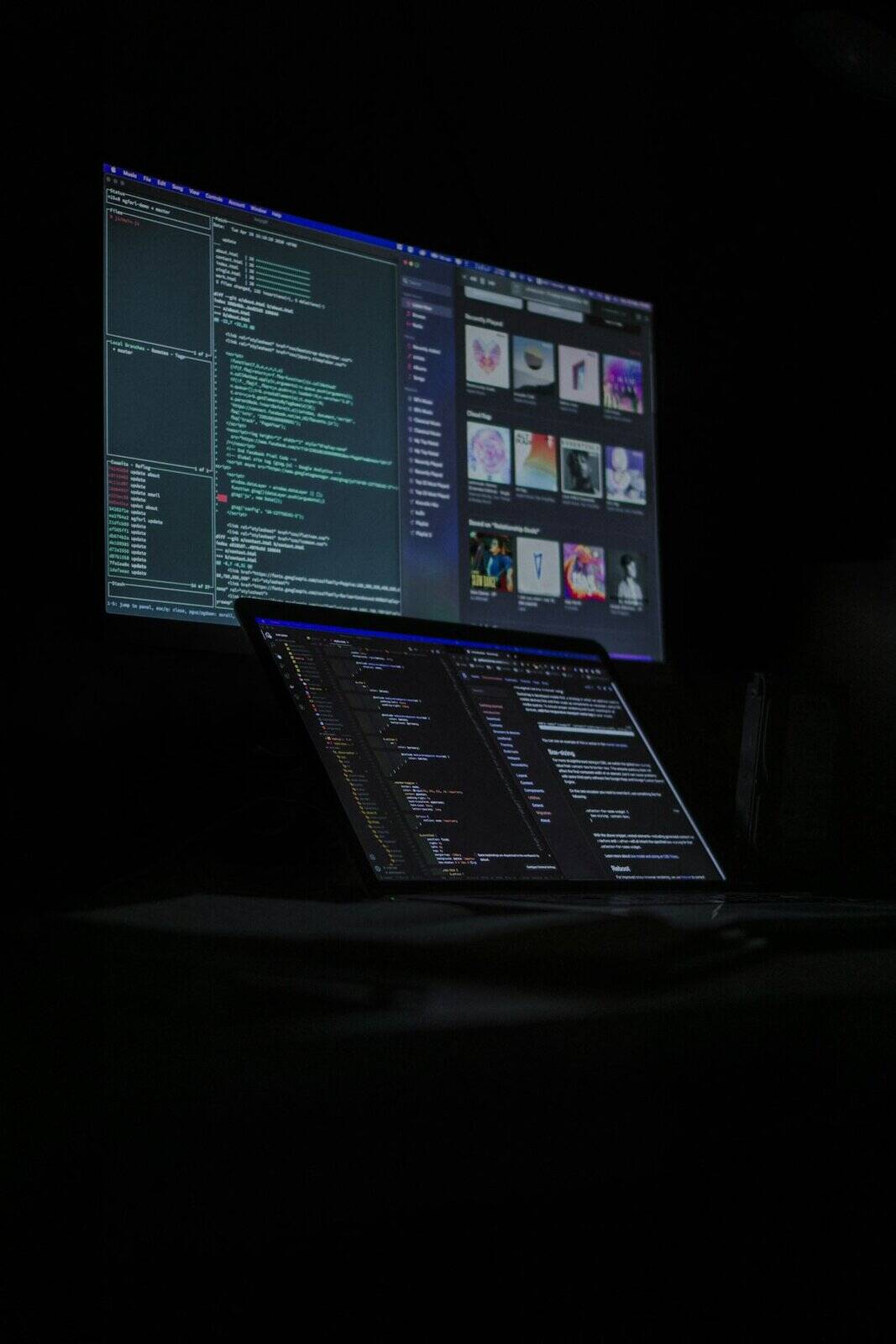Modern software development is becoming increasingly complex, with larger codebases, intricate system dependencies, and the constant pressure to deliver features quickly. In this dynamic environment, developers frequently face the daunting task of debugging — identifying, isolating, and fixing flaws in a program. But as artificial intelligence (AI) becomes more sophisticated, a pressing question arises: Can AI code tools assist in debugging software? The answer is a resounding yes, and in many cases, more effectively than traditional methods.
What Are AI Code Tools? AI code tools are intelligent applications that leverage machine learning and natural language processing to understand, write, analyze, and optimize code. Tools like GitHub Copilot, Amazon CodeWhisperer, and DeepCode have begun redefining development workflows. These systems are trained on vast repositories of code and have an innate understanding of programming patterns, syntax rules, and even common developer errors.
How AI Assists in Debugging
AI tools are revolutionizing debugging in several compelling ways:
- Automatic Error Detection: AI can swiftly flag syntax and logical errors, often before the code is even run. Unlike static analyzers that rely solely on rule-based systems, AI tools understand context and can point out less obvious issues.
- Code Context Understanding: AI doesn’t just identify that an error exists; it often provides detailed explanations, drawing from similar code patterns across thousands of repositories. This is incredibly useful for spotting edge cases.
- Suggesting Fixes: Modern AI code assistants don’t just tell you what’s wrong—many of them provide suggested fixes, complete with reasoning and code snippets. This reduces the debugging time dramatically.
- Log File Analysis: When dealing with runtime errors or exceptions, AI can help parse and interpret massive log files to trace the origin of issues. It can highlight irregularities and even predict the parts of your application most likely to contain the error.

Use Cases Across Industries
AI debugging tools are not limited to hobby projects. Major corporations and startups alike are leveraging them in wide-ranging domains:
- Web Development: Frontend frameworks can be tricky to debug, especially with asynchronous data flows. AI can help map user behavior to code malfunctions.
- Financial Services: With massive databases and transaction records, AI assists in identifying anomalies or performance bottlenecks in back-end systems.
- Game Development: Debugging game logic, especially with real-time rendering, benefits from AI’s pattern recognition in highly visual environments.
Advantages of Leveraging AI in Debugging
AI offers multiple benefits that enhance the debugging experience:
- Speed: Instant code analysis significantly shortens the debugging cycle.
- Accuracy: Reduced human error thanks to constant suggestions and intelligent insights.
- Learning Curve: Junior developers especially benefit from detailed explanations that aid in learning proper coding practices.
- Collaboration: Teams can benefit from consistent AI-generated feedback, creating a more streamlined and standardized development process.

Limitations to Consider
AI code tools, however impressive, are not flawless. They operate based on the data they were trained on, which means:
- False Positives: AI might flag correct code as erroneous, leading to unnecessary revisions if blindly trusted.
- Lack of Domain Expertise: While an AI might be great at generic bugs, it may struggle with application-specific logic or niche libraries.
- Security Concerns: Relying heavily on AI tools means potentially exposing source code to external systems, raising issues around privacy and intellectual property.
The Future of AI in Debugging
Despite some limitations, the trajectory of AI code tools is climbing steadily. With accelerated development in machine learning and better contextual understanding, future versions of these tools may become fully integrated development companions—capable of understanding entire systems, modeling their behavior, and autonomously resolving bugs.
In the near future, developers and AI are likely to form a symbiotic relationship. While developers bring creativity and domain knowledge, AI enhances productivity and precision. Together, they could redefine how we write, test, and debug software.
In conclusion, AI code tools are not just helpful add-ons; they are becoming essential instruments in the modern developer’s toolkit. Their ability to detect, explain, and even solve bugs is proving invaluable in reducing time-to-market, enhancing code quality, and empowering developers around the world.